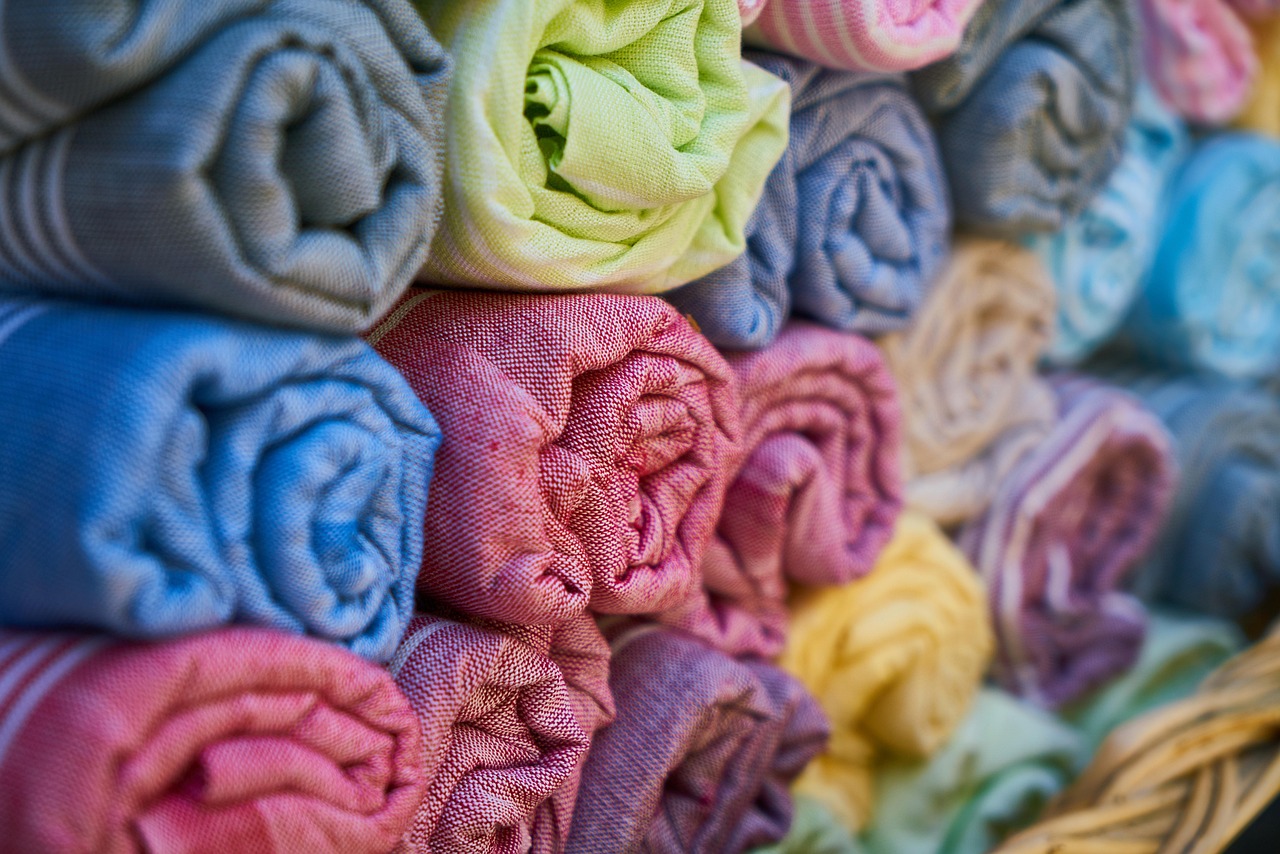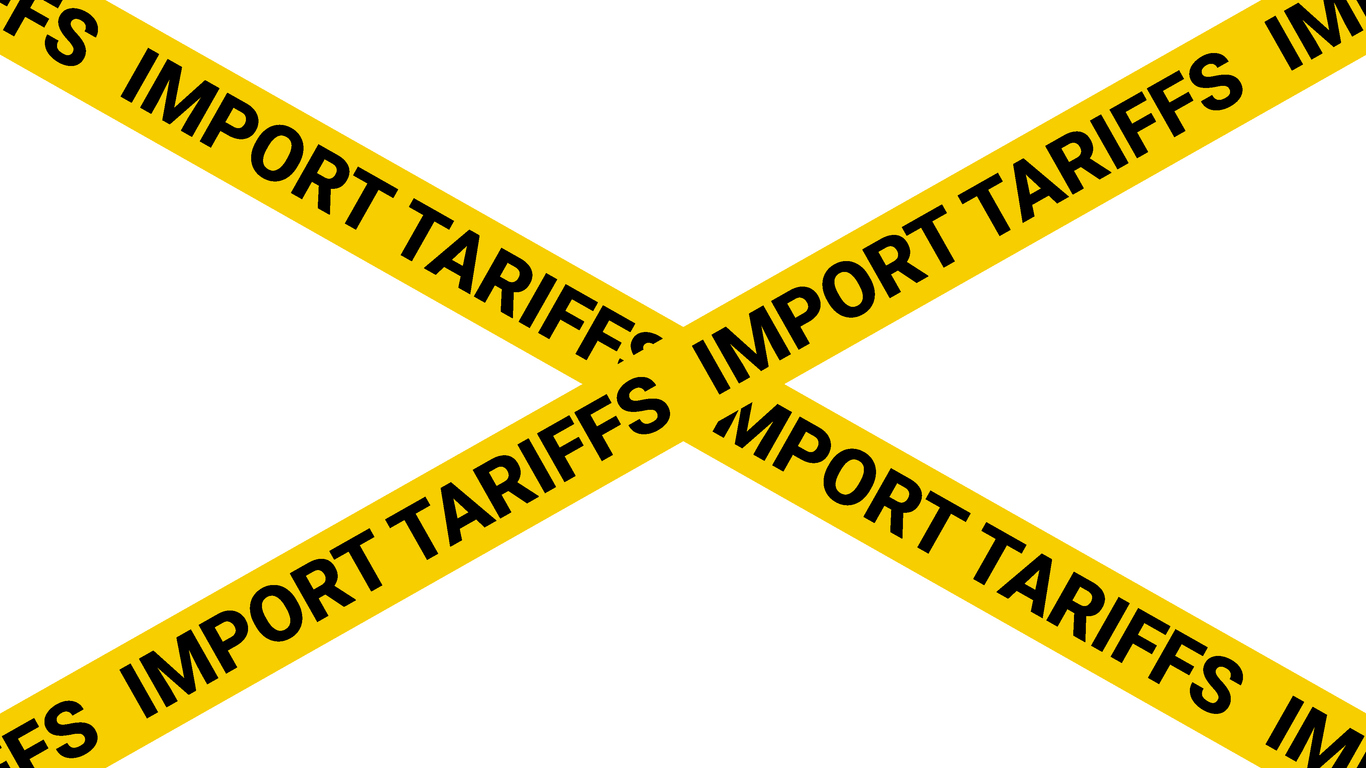Textile Manufacturing in Ghana: Key Opportunities for Investors
Textile manufacturing in Ghana remains a vital part of the economy, employing thousands of people and contributing to the country’s GDP. Major urban centers like Accra, Tema, and Kumasi are home to textile factories producing both traditional and modern fabrics.
The industry is supported by government initiatives aimed at boosting local production and reducing imports. However, competition from cheaper textiles imported from Asia has put pressure on domestic manufacturers. Counterfeit fabrics also pose a challenge, impacting both revenue and brand trust for authentic Ghanaian producers.
Opportunities in Ghana’s Textile Sector
Despite these challenges, the textile industry in Ghana offers promising opportunities for growth:
1. Growing Domestic and Regional Demand
Rising disposable income among middle-class consumers in Ghana and West Africa has increased demand for high-quality fabrics, uniforms, and fashion textiles. This creates an excellent opportunity for local manufacturers to expand.
2. Export Potential
Ghanaian textiles—especially kente—have gained international recognition. With access to trade agreements like the African Continental Free Trade Area (AfCFTA), manufacturers can expand into neighboring countries and global markets.
3. Value Addition and Innovation
There is increasing demand for value-added textiles, such as eco-friendly fabrics and fashion-forward designs. Innovation in textile printing, dyeing, and finishing presents new ways for businesses to stand out.
4. Government Support
Policies encouraging “Made in Ghana” products, along with incentives for local manufacturing, provide an enabling environment for investors and manufacturers.
Challenges Facing Textile Manufacturing in Ghana
While the opportunities are vast, businesses must address key challenges:
-
High Production Costs: Energy expenses and imported raw materials can make local production more costly than imports.
-
Counterfeit Products: Fake fabrics undermine consumer trust in genuine Ghanaian textiles.
-
Infrastructure Gaps: Limited access to modern machinery and logistics delays can hinder efficiency.
-
Global Competition: Low-cost imports from Asia remain a significant barrier for local producers.
How Wigmore Trading Supports the Textile Industry in Ghana
At Wigmore Trading, we understand both the opportunities and challenges within Ghana’s textile manufacturing sector. Our services are designed to help businesses grow sustainably:
-
Reliable Sourcing: We connect manufacturers with trusted suppliers of raw materials and equipment, ensuring consistency and quality.
-
Distribution Solutions: Through our wholesale and logistics networks, we help Ghanaian textile producers distribute their products across Africa and globally.
-
Market Expansion: With our deep expertise in African trade, we support businesses in accessing regional markets under AfCFTA and beyond.
-
Business Partnerships: Whether you are a fabric manufacturer, retailer, or fashion entrepreneur, Wigmore Trading can help you streamline operations and expand reach.
Conclusion
Textile manufacturing in Ghana is a sector filled with potential. With increasing domestic demand, export opportunities, and government support, the industry is positioned for growth. However, manufacturers need strategic partners to overcome challenges such as high costs and global competition.
Wigmore Trading is here to provide the sourcing, logistics, and market expertise you need to thrive in Ghana’s textile industry.
Contact Wigmore Trading today to streamline your sourcing and distribution in Ghana’s textile sector.








Comments are closed.